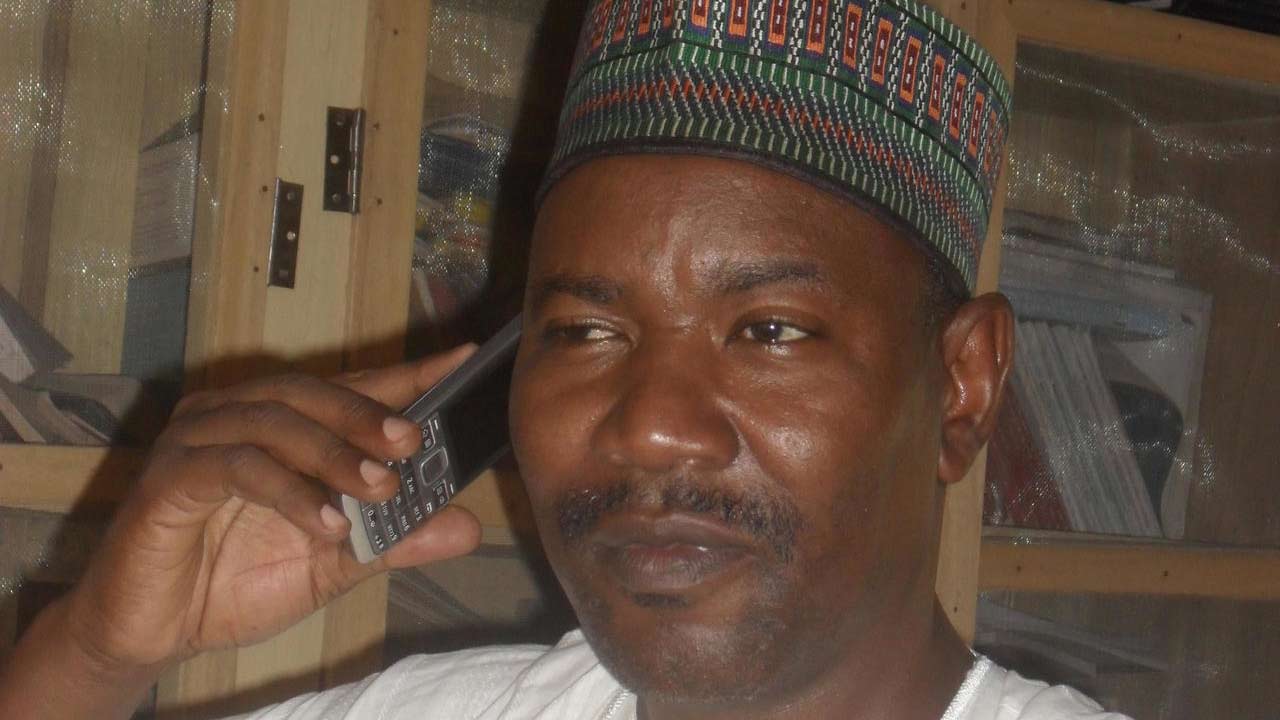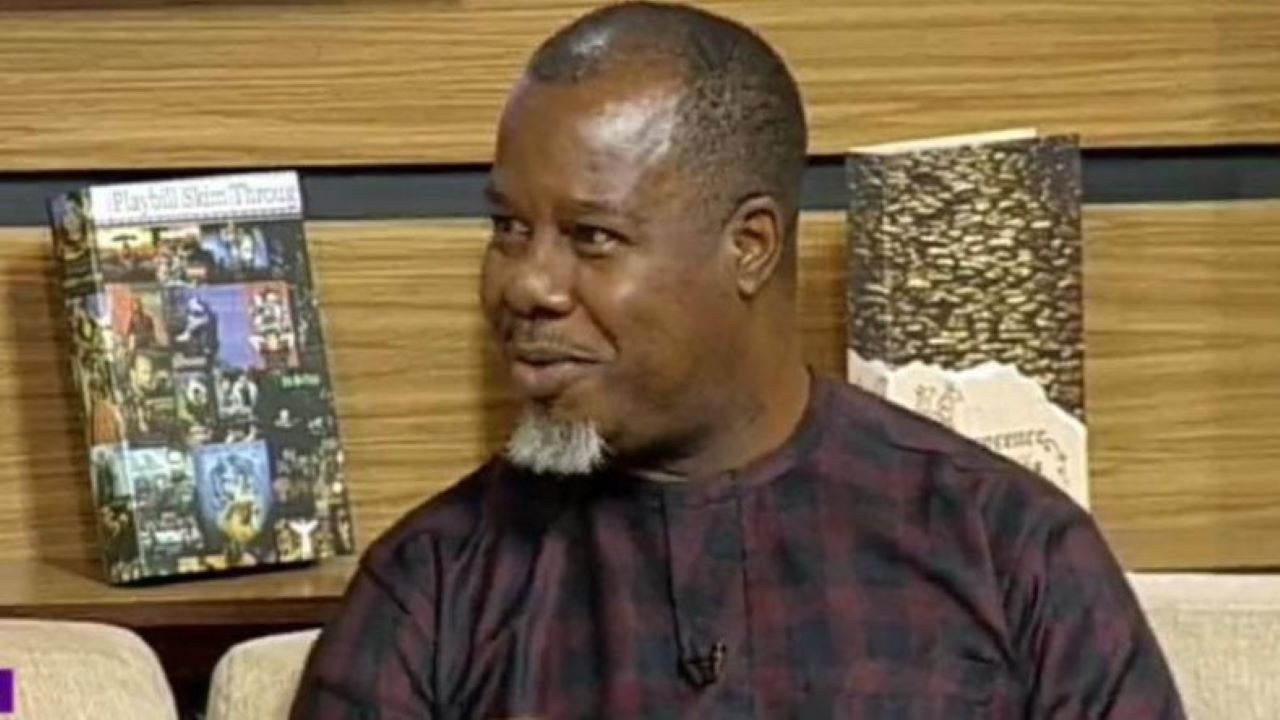
Communication and media scholars and representatives of professional bodies in the country and outside recently converged on Abuja for the 10th yearly conference of Association of Communication Scholars and Professionals of Nigeria (ACSPN).
With the theme: ‘Digital Communication Agenda and Nigeria’s Transformation’, the professionals noted actors in the digital space should ensure their engagements are devoid of misinformation and disinformation.
The welcome remarks was given by ACSPN President, Prof. Umaru Pate, while the CEO Billbox Services, Dr. Monday Ashibogwu delivered the keynote address titled, ‘Nigeria’s Evolving Digital Engagements and Nationalism.’
This was followed by Prof. Muhammad Danladi Musa of Al’Ain University, United Arab Emirate’s review of critical academic and professional contributions of the association’s founding president, the late Prof Lai Oso, to media and communication practice and scholarship in Nigeria and globally.
A lead paper, titled: ‘The Rise of Open Artificial Intelligence (AI): Opportunities, Ethical Issues and Policy Challenges of Artificial Intelligence in the Global South’ was given by Prof. Hopetun Dunn of the University of Botswana, (and former General Secretary, International Association for Media and Communication Research (IAMCR).
There were goodwill messages from the UNESCO Regional Office in Nigeria, Nigerian Institute of Public Relations (NIPR), Nigerian Communication Commission (NCC) and African Council for Communication Education (ACCE, Nigeria Chapter).
Scholarly and professional papers covering various aspects of the theme were presented in nine syndicate sessions across the two- day conference.
At the end of conference, participants stressed the need for increased visibility on digital space. While noting that resources are a major challenge for communication education and training institutions, they said artificial intelligence provides opportunities to build new ethical guidelines and develop new creative skillsets.
They further noted that the association’s drive at mainstreaming contemporary global realities into teaching and training in tertiary education is supported by the National Universities Commission (NUC), adding this has led to a total overhaul of tertiary education policy formulation and implementation in Nigerian universities.
The participants also observed that evolving global digital trends in media, particularly, emerging technologies, have significantly changed journalism practice.
They added that communication scholars must continue to enhance their capacity to be able to train future digital communication professionals in the face of sectoral dynamics.
ACSPN, they said, would continue to collaborate with the leadership of professional bodies in the sector to eliminate imposters and sanitise the profession; proliferation of digital technologies and social media provides opportunities for transnational engagements and promotion of cultural heritage in online communities.
Other discussions include: The citizenry over reliance on information from online sources, which are often unreliable, and this continues to misinform and disinform the citizenry.
While stressing that people have become impatient in consuming and sharing information online, which is a major contributor to the virulent circle of unverified information, the confernce noted there is a prevalent unethical use of digital communication technologies to violate the rights of minors, especially on social media.
The conference noted that digital engagements are impacting on Nigeria’s nationalism and has created a vibrant online community that is showcasing its diversity, including the diasporans who are leveraging on digital platforms to showcase the country’s culture.
They said there is a pandemic of ethnic vituperations and weaponisation of ethnic diatribes in Nigeria’s digital engagements, and this is destructive for national development.
The conference, however, adopted the following resolutions: Communication scholars and practitioners should offer relevant and significant contributions to guide government in terms of policy formulation and implementation in the area of digital communication.
The ACSPN and other communication and media related associations shall coexist and collaborate to promote communication professionalism and scholarship in Nigeria and globally.
The conference also resolved that ethics and quality of research and publications should be prioritised to enhance the contributions of scholars and professionals to media and communication practice.
It also agreed that communication scholars in Nigeria should increase their visibility on the digital space through research in high quality journals and other digital publications.
Participants at the conference also agreed that African countries should be proactive in developing Artificial Intelligence (AI) legislations to address emerging challenges associated with AI as a global trend. Nigeria was specifically asked to develop an AI legislation that will tackle this challenge.
They noted that AI is replicating global disparity in digital divide. However, most African countries have not yet developed AI legislation, except Kenya, Egypt and Mauritius.
African countries were also asked to integrate their indigenous cultural materials into AI.
While striking a balance between regulating digital environments and ensuring freedom of speech, they said there is need to bridge the gaps between scholars and media practitioners in terms of experience on emerging digital technologies and developments to enhance training, teaching and capacity building.
In doing this, ethics and quality should be prioritised in research and publications. ACSPN will partner with the relevant professional bodies in the media and communication industry to ensure that only duly certified persons shall practice as experts in their respective fields.
Other resolutions include: The media industry should adopt new technologies to enhance professionalism and explore opportunities as apprehension towards new technologies is normal; educational institutions and other stakeholders in the media and communication industry should provide resources for communication educators to enhance teaching and productivity in scholarship and media practice; communication training institutions should develop new mindsets by using AI for teaching assessments, virtual tutoring, teaching evaluation, and other opportunities and stakeholders in the Nigerian digital space should not prioritise aesthetics over accuracy and correctness of information in the digital media space.






